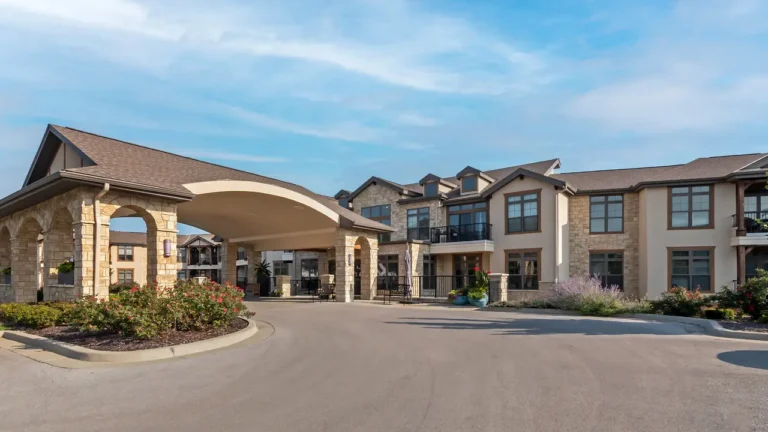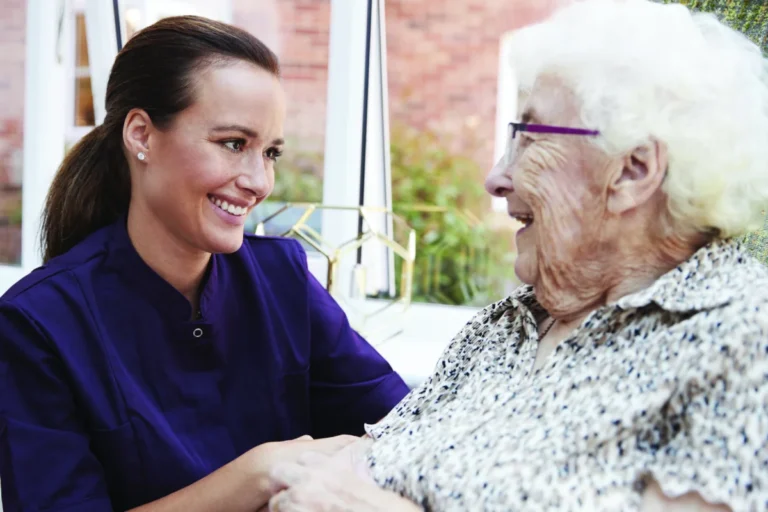After a hospital stay, it is common for patients to require additional care before they are able to return to their normal, everyday lives. As we age, it becomes even more common for some form of continued medical care and rehabilitation to be needed before a patient can safety return home after leaving the hospital.
With the senior population in the United States expected to hit 20% of the total population by 2030, the need for this type of intermediate, post-acute care continues to rise. The World Health Organization predicts that an increase in sedentary lifestyle and the rise in cases of chronic diseases are also contributing to the rising need for care. Thankfully, there are now excellent care options available for seniors who require assistance while recovering from a long illness, an injury or surgery. When considering these options, it is important to understand what options exist, how to access this type of care, what is involved in recovery care and how to find the right fit for different circumstances.
Skilled nursing care
If a facility is designated as a long-term care facility, that means it provides services, both personal care and medical services, to people who are no longer able to live independently. One of the services provided at a long-term care facility is skilled nursing care. So, what does skilled nursing mean? Skilled nursing care is able to be effectively and safely performed by, or under the supervision of, medical professionals. It is a type of health care given when a senior requires specialized nursing care and needs professionals to both observe and evaluate their condition. Skilled nursing care includes services such as dementia management, stroke rehabilitation, post-surgical treatment, and physical, occupational and speech therapy. Often, long-term care facilities are referred to as skilled nursing facilities or SNFs.
There are four types of long-term care facilities designed to provide care for seniors. They are:
- Assisted living communities
- Nursing homes
- Continuing care retirement communities
- Independent living communities
The primary difference between these types of care facilities involves how much care a senior requires daily.
Here are some of the most commonly asked questions about skilled nursing care:
Who should receive skilled nursing care?
A skilled nursing facility provides care in a medical setting under the supervision of a doctor. Patients may go from the hospital to a SNF to continue their recovery following an illness, surgery or an injury.
Who works at a skilled nursing facility?
The staff of a SNF will include registered nurses, physical therapists, a medical director and licensed vocational nurses.
How are care plans developed in skilled nursing facilities?
The skilled nursing care plan for each resident integrates specialized instructions by therapists and physicians and follows the plan established by the resident’s primary physician. There are also additional team members in specialized areas, such as psychiatry, physiatry, nephrology, neurology and gerontology, as well as occupational therapy, speech therapy and physical therapy, who participate in care planning.
What care services are provided in skilled nursing facilities?
Care services include:
- Advanced wound care
- IV therapy
- Total parenteral nutrition
- 24-hour skilled nursing care
- Peritoneal dialysis
- Pain management
- Infectious disease care
- Tracheostomy care
- Neurological care
- Outpatient therapy
How do seniors and their families pay for skilled nursing care?
Medicare Part A covers up to 100 days in a skilled nursing facility after a qualifying hospital stay. The Part A deductible covers the first 20 days per benefit period. Following that, the patient pays a share of the cost for each additional day of their stay.
What is the difference between a nursing home and a skilled nursing facility?
Two of the most popular types of long-term care facilities are skilled nursing facilities and nursing homes. However, the differences between the two are important to note:
Nursing Homes
These facilities provide daily care to residents. Some residents are very independent, while others may require more assistance with chronic conditions. In many facilities, family members are allowed to take the resident on outings and to medical appointments. Nursing homes often provide services such as laundry, room cleaning, meal preparation and serving, and medication management.
Skilled Nursing Facilities
A primary difference between nursing homes and skilled nursing facilities is the level of medical care available. At SNFs, residents often receive care from physicians, registered nurses, therapists and nurse practitioners. It is common for patients to go to a SNF following a hospital stay, major health event or surgery. Some examples of these include:
- Rehabilitative services
- Wound care
- Stroke recovery
- Post-surgical rehabilitation
- Terminal illness
- Memory loss
What is the average stay in a skilled nursing facility?
Many patients who come to SNFs for the short-term stay for 20 days or fewer, and their stay is frequently covered by Medicare.
What is the goal of a skilled nursing facility?
A skilled nursing facility provides transitional care with the goal that the patient will be able to return to his or her home.
Life in a skilled nursing facility
Some skilled nursing facilities are stand-alone facilities that only provide short-term care. Other SNFs are units inside of a nursing home where people can receive short-term skilled nursing care.
During a stay at a skilled nursing facility, the health care plan is customized to meet the needs of the patient. The skilled nursing care team collaborates with the patient, their family, the patient’s primary care physician and a team of specialists to establish the right recovery plan and rehabilitation goals for each person. Once the plan is agreed upon, it is carried out by licensed health care professionals and overseen by the on-site medical director. The day-to-day care is given in a therapeutic, holistic way with a focus on total wellness. Daily activities may include:
- Exercise groups
- Social engagements and activities
- Therapies
- Skilled nursing care
- Recreational programs
- Social services
- Neurological care programs, such as stroke, Parkinson’s disease, multiple sclerosis, muscular dystrophy and amyotrophic lateral sclerosis
About Tutera Senior Living & Health Care
At Tutera Senior Living & Health Care communities, we create care plans centered around you – your health needs, your goals and your comfort. To help you gain strength and independence, your care plan will integrate the services of therapists, such as occupational, speech and physical therapists, as well as specialized physicians in the areas of neurology, physiatry, nephrology, psychiatry and gerontology.
Additionally, Tutera Senior Living’s rehabilitation and extended stay communities are completely focused on providing the best possible care and support following a surgery, illness or accident. Our communities are committed to creating a personalized experience for each of our residents. Your stay at a Tutera community begins with your YOUNITE story, which is a collection of your personal history, your likes and dislikes, and your goals for your stay. We use your preferences to create a wellness program that includes:
- Access to nutritious, delicious, chef-prepared meals
- Social activities
- Physical therapies
- Personal development opportunities
At Tutera Senior Living, we would love to answer your questions about rehabilitation and recovery programs in our communities. Interested in finding a Tutera community near you? Try our location finder! Or give us a call today.







